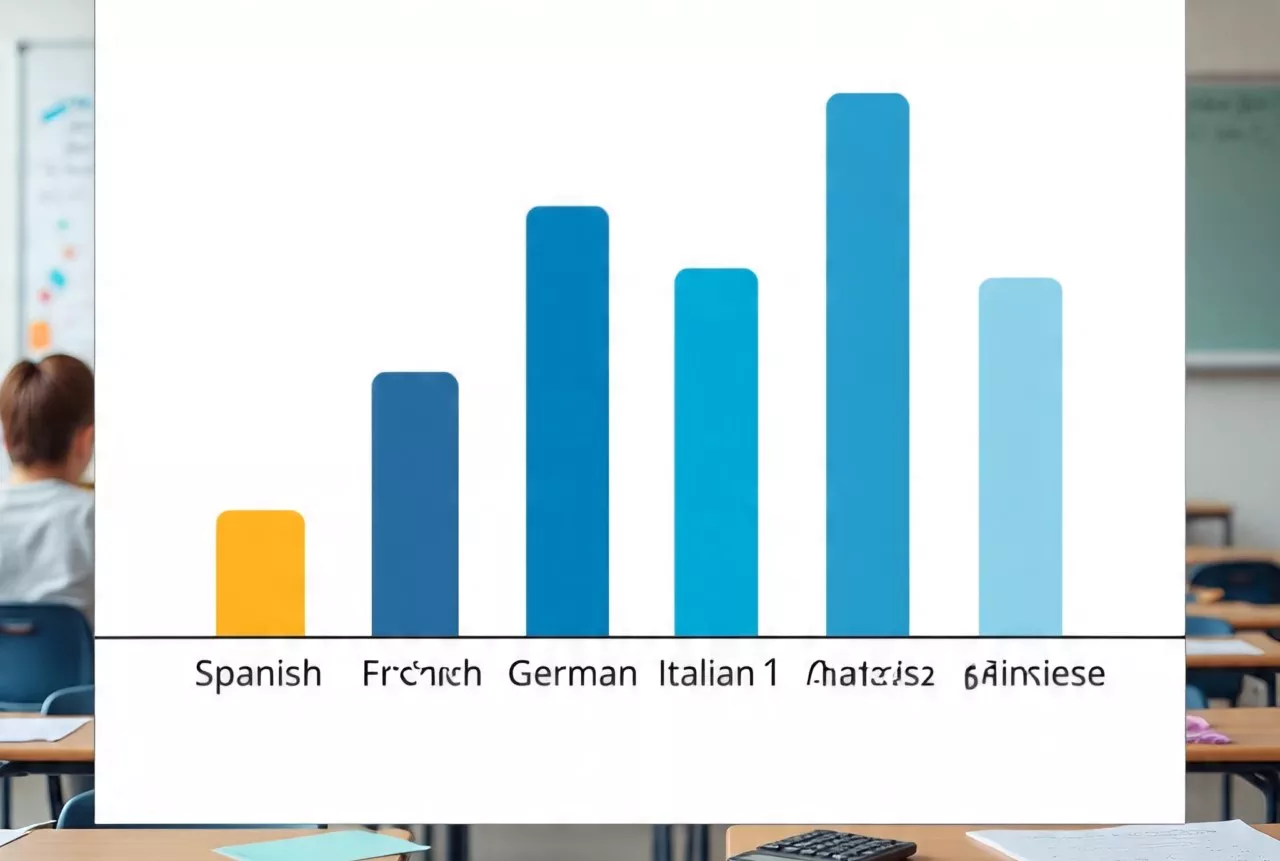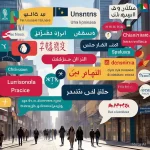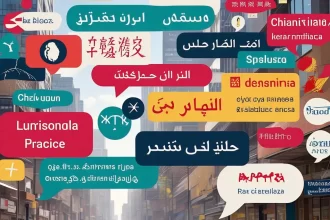Secrets for average person in new language ; ever wondered how long it takes to learn a new language? Join us as we explore the average time needed; factors influencing language learning , tips to accelerate your progress.
Learning a new language, whether for academic purposes, career advancement, travel, or personal enrichment.
How Long Does It Take to Learn a New Language? A Comprehensive Guide
Secrets of learning a new language for average person can be an exciting journey. Opening doors to new cultures, opportunities, and experiences. However, one of the most common questions aspiring polyglots ask is, “How long will it take to learn a new language?”
The answer isn’t straightforward, as it depends on various factors; including the language’s complexity, the learner’s background, and the methods used.
This blog post will provide a comprehensive overview to help you understand what to expect and how to make your language learning journey more efficient.
⇒Factors Influencing Language Learning Time
Several factors determine how quickly you can learn a new language?
1. Language Difficulty:
Languages vary in complexity. For example, Spanish and Italian are generally easier for English speakers compared to Mandarin or Arabic.
2. Previous Language Experience:
If you already speak a language similar to the one you’re learning, you may progress faster.
3. Learning Environment:
Immersive environments where you’re constantly exposed to the language can significantly speed up learning.
4. Study Habits:
Consistent, focused practice is crucial. Sporadic study sessions are less effective than regular, dedicated practice.
5. Motivation and Goals:
A strong motivation and clear goals can drive faster progress.
6. Learning Methods:
The tools and resources you use, such as language apps, classes, or tutors, can impact your learning speed.

⇒Language Difficulty Categories
The Foreign Service Institute (FSI) categorizes languages based on the time it typically takes for an English speaker to reach proficiency.
>>>>>>>>>>Here are the categories >>>>>>>>>>
I (600-750 hours): French, Spanish, Italian, Portuguese
II (900 hours): German
III (1100 hours): Indonesian, Swahili
IV (2200 hours): Arabic, Chinese, Japanese, Korean
Estimated Time to Learn Different Languages
>>>Easy Languages (Category I)
For languages like Spanish, French, and Italian, the FSI estimates that it takes around 600-750 hours to achieve proficiency. This translates to about 24-30 weeks of intensive study.
>>Medium Difficulty Languages (Category II & III)
Languages such as German (Category II) and Indonesian (Category III) require around 900 to 1100 hours of study. This means approximately 36-44 weeks of intensive learning.
>Hard Languages (Category IV)
For more complex languages like Arabic, Chinese, Japanese, and Korean, the FSI estimates around 2200 hours of study, or about 88 weeks of intensive learning.
Strategies to Accelerate Language Learning
secrets for average person in new language; while these estimates provide a general guideline, several strategies can help you learn faster:
1. Immersion:
Surround yourself with the language as much as possible. This could mean traveling to a country where the language is spoken, or using media like movies, music, and news in the target language.
2. Consistent Practice:
Dedicate a specific amount of time each day to practice. Consistency is key to retaining and building upon what you learn.
3. Use Technology:
Leverage language learning apps like Duolingo, Babbel, or Rosetta Stone for structured lessons and practice.
4. Interactive Learning:
Engage in conversation with native speakers through language exchange platforms like Tandem or HelloTalk.
5. Set Realistic Goals:
Break your learning into manageable milestones to stay motivated and track your progress.
6. Study in Context:
Learn words and phrases in the context of sentences and real-life situations rather than in isolation.
∼∼∼∼∼∼Realistic Expectations∼∼∼∼∼∼
It’s important to set realistic expectations and be patient with yourself. Learning a new language is a marathon, not a sprint. While you may achieve basic conversational skills relatively quickly, reaching fluency will take time and consistent effort.
∼∼∼∼∼∼Age and Language Learning∼∼∼∼∼∼
Language learning isn’t restricted to any particular age group. However, different age groups may have different advantages:
∼∼∼Children and Teens∼∼∼
Younger learners often have an easier time picking up pronunciation and can learn through immersive, playful methods.
Adults:
Adults may have a more disciplined approach to study and a greater understanding of grammar and language structures.
Seniors:
Older adults can benefit from the cognitive exercise that learning a new language provides, enhancing mental agility and memory.
Conclusion: Embrace the Journey
In conclusion, the time it takes to secrets for average person in new language varies widely based on several factors, including the language’s difficulty and your personal learning circumstances. However, with the right strategies and consistent effort. You can make significant progress and enjoy the rich rewards that come with multilingualism.
Whether you’re learning for travel, work, personal interest, or cultural exploration. Embracing the journey of language learning can be a profoundly enriching experience. So, set your goals, find your resources; start your language adventure today!
FAQ’s
Q: How long does it take to learn a new language?
A: It varies based on the language’s difficulty and your learning methods, but it generally takes 600-2200 hours of study to reach proficiency.
Q: What are the easiest languages for English speakers to learn?
A: Spanish, French, Italian, and Portuguese are considered the easiest due to similarities with English.
Q: Can adults learn a new language as effectively as children?
A: Yes, adults can learn effectively, often benefiting from structured study methods and a deeper understanding of grammar.
Q: What are some tips for learning a new language faster?
A: Consistent practice, immersion, using language learning apps, engaging with native speakers, and setting realistic goals can all help accelerate learning.
Focuses on practical conversation skills and offers well-structured lessons >> >> >> Babbel
Discuss interesting topics and Practice your speaking and listening skills >> >> >> HeloTalk











